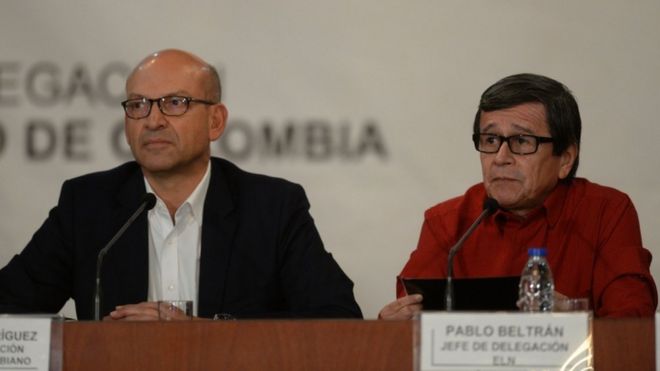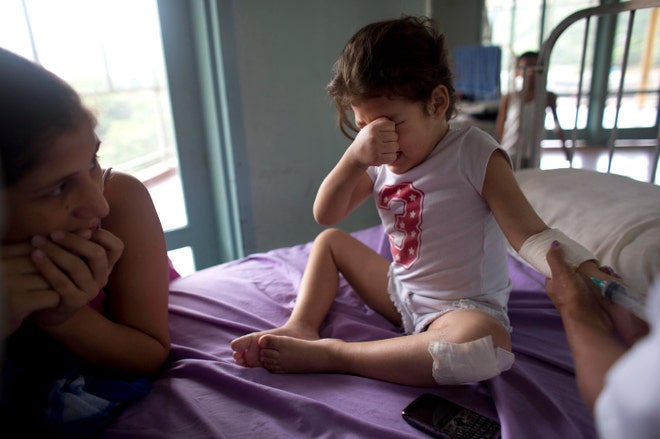By Cintia Garcia
Impunity Watch Reporter, South America
BOGOTA, COLOMBIA—The Colombian government announced it will resume peace talks with the National Liberation Army (ELN), the second largest rebel group in Colombia. The largest rebel group being FARC. The talks will commence in Quito, Ecuador on October twenty-seventh.

The ELN announced they were ready to negotiate with the government in March, but the process was never formalized, until now. ELN in a brief statement from Caracas, Venezuela announced it would release two captives the group has been holding for months. On Monday, ELN released a rice farmer, Nelson Alarcon, to the International Red Cross. He was held captive for months. Nelson Alarcon was the third person released in the past two weeks near the Colombian border. One of the remaining captives is politician Odin Sanchez, for whom ELN has been demanding a 1 million ransom. Odin Sanchez stepped in as a captive for his brother who was being held for ransom. ELN has stated it will release their captives before the talks begin and no longer committee kidnaps. ELN has an estimated 1,500-2,500 fighters that first formed in 1964 during the Cuban revolution. The organization is composed of urban students and intellectuals. They have financed their efforts through extortion and kidnapping.
The peace talks will be led by Colombian government delegate Mauricio Rodriguez and ELN commander Pablo Beltran. The countries that will be guarantors of the process include Venezuela, Cuba, Norway, Chile, Brazil, and Ecuador. The UN Secretary General Ban Ki-moon stated, “This is a source of encouragement to the Colombian people and all those involved in supporting a peaceful and comprehensive end to conflict.”
President Juan Manuel Santos all announced in a televised address that, “Now that we’re advancing with the ELN our peace will be a fuller one.”
The New York Times—Colombia Reviews Stalled Peace Talks With ELN Rebels—10 October 2016.
BBC—Colombia and ELN Rebels Announce Historic Peace Talks—11 October 2016.



